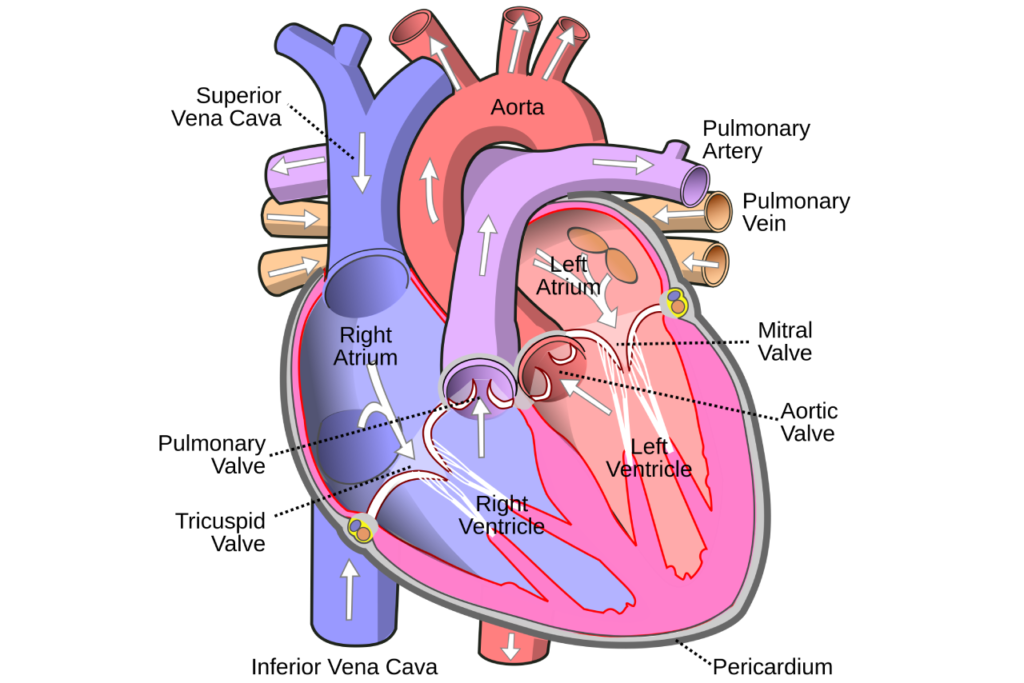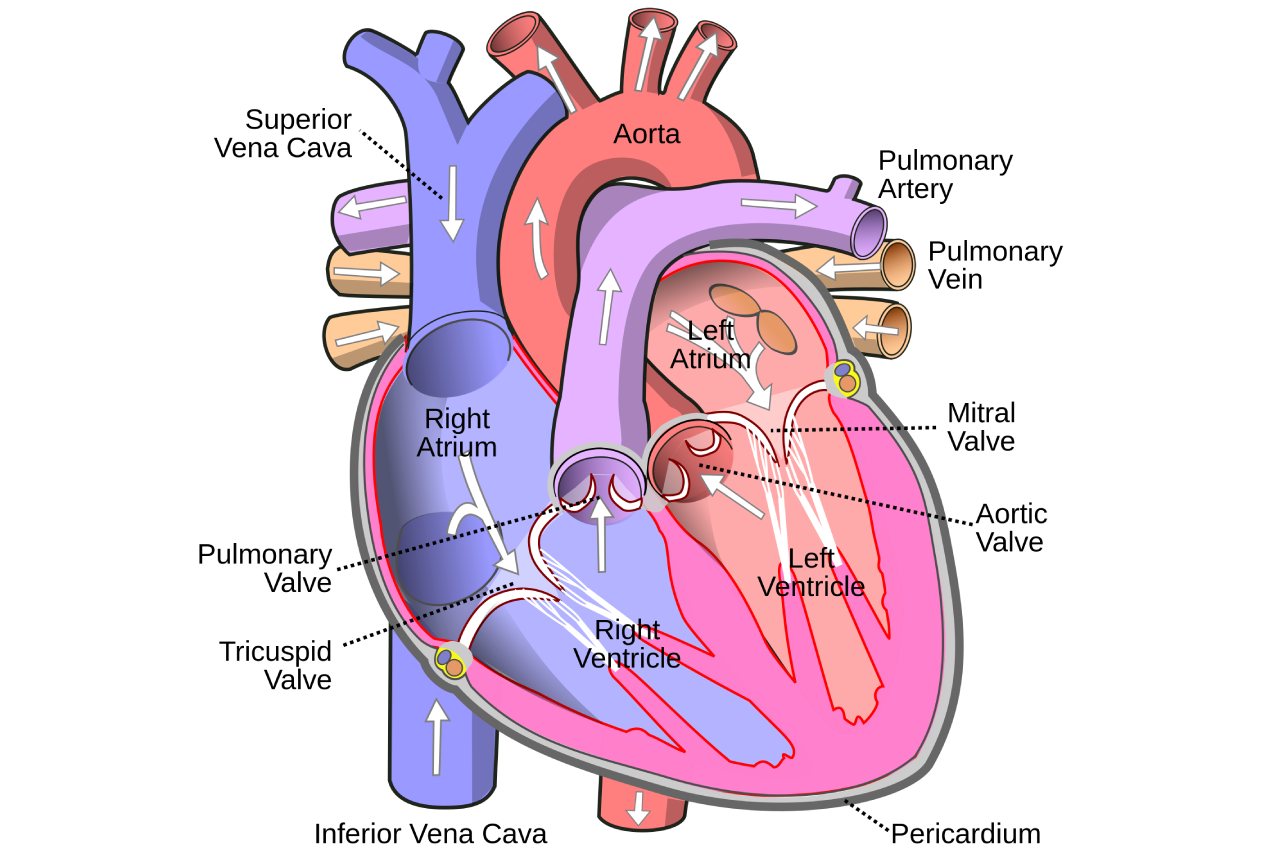The heart is a vital organ responsible for pumping blood throughout the body, ensuring all tissues receive the oxygen and nutrients they need. Despite its importance, heart disease remains one of the leading causes of death worldwide. Heart problems can affect anyone—regardless of age or gender—which makes early recognition of symptoms critical.
This article provides an in-depth look at the symptoms of heart disease and what they mean, empowering you to take proactive steps toward maintaining heart health.

Understanding Heart Disease
Heart disease encompasses a range of conditions that affect the heart’s structure and function, including:
- Blood vessel disease (e.g., coronary artery disease).
- Arrhythmias (irregular heartbeats).
- Congenital heart defects (present from birth).
- Heart muscle and valve diseases.
The most common and deadly type of heart disease is coronary artery disease (CAD), also known as ischemic heart disease. CAD occurs when the arteries that supply blood to the heart become narrow due to plaque buildup, reducing oxygen delivery to the heart. If untreated, CAD can lead to chest pain, arrhythmias, or even heart attacks.
Symptoms of Heart Problems
Heart disease doesn’t always announce itself with dramatic symptoms. Instead, the signs can be subtle and may appear in various parts of the body. Here are the key symptoms to watch for:
1. Chest Pain
One of the most common and alarming signs of heart disease is chest pain, but not all chest pain is the same. Heart-related chest pain often radiates to the left arm, neck, jaw, or even the back. This occurs because the heart muscle isn’t getting enough oxygen due to narrowed or blocked arteries.
- The pain may appear during physical activity or emotional stress and often subsides with rest.
- Persistent or severe chest pain may indicate a heart attack and requires immediate medical attention.
Key Action: If you experience chest pain that feels unusual, don’t ignore it. Visit a doctor or call emergency services right away.
2. Breaking Out in Cold Sweats
Sweating during exercise is normal, but sudden, excessive sweating while at rest can signal heart trouble. Cold sweats are often the body’s response to stress or pain, such as during a heart attack.
- This happens when the heart is deprived of oxygen, triggering the release of stress hormones like adrenaline.
- Cold sweats are often accompanied by symptoms like dizziness, nausea, or an intense feeling of anxiety.
Key Action: If you experience cold sweats without an apparent cause, seek immediate medical attention.
3. Swollen Ankles and Feet
Swelling in the ankles or feet (known as edema) is another warning sign. This condition occurs when the heart struggles to pump blood efficiently, leading to fluid buildup in the lower extremities.
- Swelling is usually worse in the evening and may be accompanied by rapid weight gain.
- Edema is a common symptom of heart failure, a condition where the heart cannot pump blood effectively.
Key Action: Persistent or severe swelling should prompt a visit to your healthcare provider for evaluation.
4. Shortness of Breath
Feeling short of breath (even during mild activity or rest) is a red flag for heart issues. This symptom often results from disrupted blood flow to the lungs or fluid buildup caused by a failing heart.
- Shortness of breath can occur with light activity or while lying down.
- It’s often accompanied by a persistent cough or fatigue.
Key Action: Chronic shortness of breath needs prompt medical attention, as it may indicate serious heart or lung problems.
Who Is at Risk?
Heart disease risk factors include:
- Smoking
- High blood pressure
- High cholesterol
- Diabetes
- Obesity
- Sedentary lifestyle
- Family history of heart disease
In the USA, heart disease is a leading cause of death, but early detection and lifestyle changes can significantly reduce your risk.
How to Protect Your Heart
Caring for your heart involves a combination of lifestyle adjustments and regular health checkups:
- Exercise regularly: Aim for at least 150 minutes of moderate exercise per week.
- Eat a heart-healthy diet: Include plenty of fruits, vegetables, whole grains, lean protein, and healthy fats.
- Manage stress: Practice mindfulness, yoga, or other stress-reducing techniques.
- Avoid smoking and limit alcohol consumption.
- Get regular checkups: Monitoring your blood pressure, cholesterol, and blood sugar levels can help catch potential issues early.
What Should You Do If You Notice Symptoms?
Early intervention can save lives. If you experience symptoms like chest pain, cold sweats, swelling, or shortness of breath, don’t hesitate to contact a doctor. Quick action can prevent complications and improve outcomes.
For more insights into heart health, visit medicaltimes.io and explore trusted resources for maintaining a healthier heart.
Reference Websites:
Top 10 Frequently Asked Questions (FAQs)
1. What is the leading cause of heart disease?
High blood pressure, high cholesterol, smoking, and a sedentary lifestyle are leading causes.
2. Can young people get heart disease?
Yes, heart disease can affect people of all ages, especially if risk factors are present.
3. What does heart attack pain feel like?
Heart attack pain often feels like pressure or tightness in the chest, sometimes radiating to other parts of the body.
4. Can heart disease be cured?
While it cannot always be cured, heart disease can be managed with lifestyle changes and medication.
5. Are women’s heart attack symptoms different?
Yes, women may experience nausea, fatigue, and back or jaw pain instead of classic chest pain.
6. How can I reduce my risk of heart disease?
Exercise regularly, eat a healthy diet, avoid smoking, and maintain a healthy weight.
7. Is shortness of breath always a heart problem?
No, it can also be caused by lung issues or other conditions, but it’s best to get it checked.
8. Does family history increase my risk?
Yes, a family history of heart disease raises your risk.
9. Can stress cause heart disease?
Chronic stress contributes to heart disease by raising blood pressure and causing unhealthy behaviors.
10. Should I see a cardiologist for chest pain?
Yes, especially if the pain is persistent, severe, or associated with other symptoms like sweating or shortness of breath.
